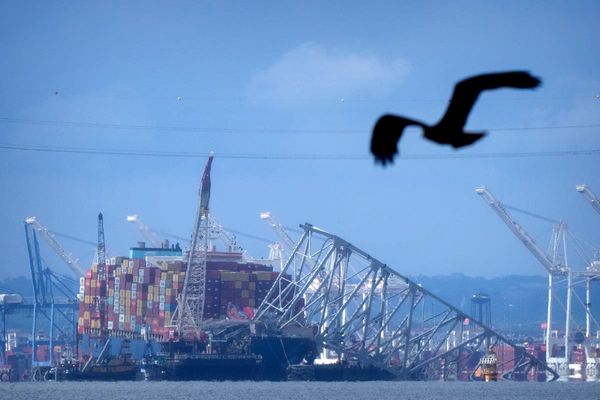
Efforts by some Kansas lawmakers to entice Kansas City's major professional sports teams to relocate across the border to Kansas have hit a roadblock. A proposed bill that sought to finance new stadiums for the Super Bowl champion Chiefs and Major League Baseball's Royals in Kansas failed to gain traction amidst concerns about taxpayer implications.
The bill, which would have allowed Kansas officials to issue over $1 billion in bonds to cover the entire construction cost of each stadium, was not brought to a vote before the Legislature adjourned its session. Critics labeled the proposal as corporate welfare, while others expressed interest but wanted to prioritize passing a broader tax cut package for constituents.
The initiative gained momentum following a recent vote in Missouri where residents rejected extending a local sales tax that supported the existing stadiums housing the Chiefs' Arrowhead Stadium and the Royals' Kauffman Stadium.






Proponents of the bill emphasized the importance of retaining the sports teams in the Kansas City metropolitan area. The proposal remains on the table, with the possibility of being revisited in a special legislative session called by Governor Laura Kelly.
The plan aimed to finance the construction of two new stadiums with a seating capacity of at least 30,000 each, with the teams being responsible for any shortfall in tax revenues to repay the bonds.
While some argued that the proposal would stimulate economic growth through new tax revenues and player income taxes, opposition from groups like Americans for Prosperity-Kansas highlighted concerns about government intervention in economic development.
Lawmakers expressed mixed views on the proposal, with some questioning the prioritization of stadium financing over other state needs. The lack of public hearings or debates before the proposal's consideration also drew criticism for its rushed nature.
Despite the setback, discussions around the stadium financing plan are expected to continue as stakeholders navigate the complex interplay between sports, economics, and public policy.







